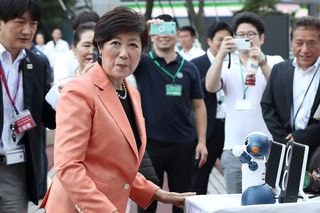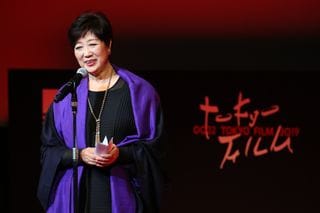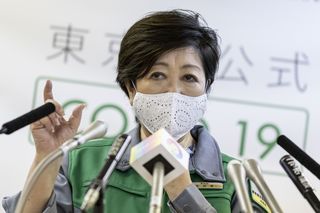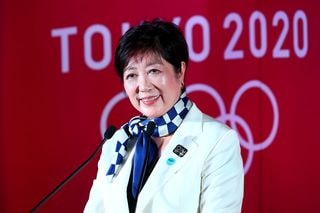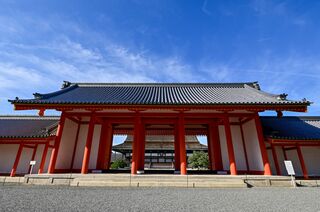The Japanese government relied on its influential Arab ally Egypt (the headquarters of the Arab League is in Cairo and Egypt has been a symbol of Arab nationalism since President Nasser's time [1956-70] ) in a desperate attempt to improve relations with the oil-producing countries in the Middle East and North Africa.
The Egyptian government wanted to strengthen its relationships with Japan, too. Sadat regime expelled the Soviet military advisors in 1972 and made a major move toward a pro-American diplomacy but the country suffered economic crisis resulting from the widening gap between rich and poor, causing inflation and increasing external debt due to the "Infitah" (open-door policy).
Hatem, the man who controlled Egyptian-Japanese relationship
In the midst of this predicament, Egypt saw Japan as a new source of funding. And it was Hatem who became the liaison with Japan single-handedly controlling Egypt’s relationship with Japan.
The aforementioned cable from the Japanese Ambassador Tsutomu Wada states "Deputy Prime Minister Dr. Hatem has had a close affinity to Japan for more than a decade now (he is currently serving as the President of the Egyptian-Japanese Friendship Association) and wishes to promote friendly relations between the two nations. He personally wishes to make the best use of this close relationship with Japan as his political assets. Dr. Hatem has consistently staked his political life on relations with Japan."
According to another cable from Ambassador Wada to the Minister of Foreign Affairs of Japan dated 29 January 1974, Hatem told Wada "I can't thank you enough for the fact that the loan amount from Japan to Egypt has reached $100 million. I attribute this to the efforts of Deputy Prime Minister Takeo Miki. Please convey my deepest gratitude to the Japanese government, especially Deputy Prime Minister Miki. I will report this to President Sadat immediately. There is no doubt that he will be very pleased and that brings me credit".
The aforementioned biography of Hatem mentions his political accomplishments, including asking Nakasone for four projects which all materialised, i.e., reopening the Suez Canal after the October War, building an opera house in Cairo, building a children's hospital and building a steel mill, successfully extracting $400 million in loans from Japan over a 20-year period, visiting Japan seven times and being decorated by the Emperor of Japan.
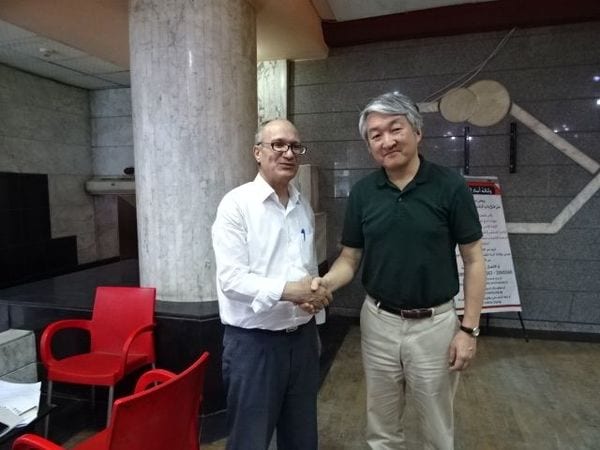 Ibrahim Abdel Aziz, author of Hatem’s biography with Ryo Kuroki
Ibrahim Abdel Aziz, author of Hatem’s biography with Ryo KurokiIn the Yomiuri Shimbun (Newspapers) interview dated 1 February 1989 Hatem himself told the following secret story of his audience with the Emperor in 1974. "At the time of the oil shock, the then Deputy Prime Minister Takeo Miki came to my house in Cairo to talk about the serious plight of Japan following the Arab oil embargo against Japan. So I asked him to give me 24 hours and I called the late King Faisal of Saudi Arabia and pleaded with him to take Japan off the blacklist because Japan is a friendly country. The King showed his understanding and said that because it is Egypt’s request he promises to issue an immediate order to resume export to Japan. His Majesty the Emperor seemed to be well aware of this exchange between Miki and me and from the very beginning of the audience he said 'I would like to express my gratitude on behalf of the people of Japan’".
In short, Hatem was a prominent politician who was deeply involved in the development of political and economic ties between Japan and Egypt. He had not only developed strong connections with Japan’s top-ranking politicians but was even granted an audience with the Emperor who thanked Hatem for the contribution he made to strengthen ties between the two countries.

